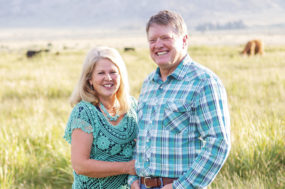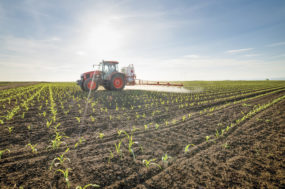“Don’t just buy a ram, buy a lamb crop,” is the motto of Duff Land and Livestock, owned and operated by Mike and Kandi Duff, in Blackfoot, Idaho. With over 32 years of experience raising sheep, the Duffs are re-engineering their rams and changing the Western sheep industry.
The Duffs started their flock in northern Virginia while Mike was working with government officials in Washington, D.C. They brought the sheep with them when they decided to move back to Mike’s home state, and they have been in Idaho ever since.
Early on, they realized the showy rams might win in an arena, but they weren’t rugged enough to do their job out on the harsh range. They needed rams to produce lambs that could go out on the mountain and come home ready for harvesting. “We’re trying to do something unique in the industry by reversing genetic engineering,” Kandi says. “We look at what it is that needs to go to the slaughterhouse and how we can deliver the ram that is going to do that for our customers.”
“Our goal is to have rams go out on the mountain and sire lambs that will come off and go straight to slaughter without spending time in the feedlot,” Mike says. “And if the rams can’t do it, the lambs won’t either.”
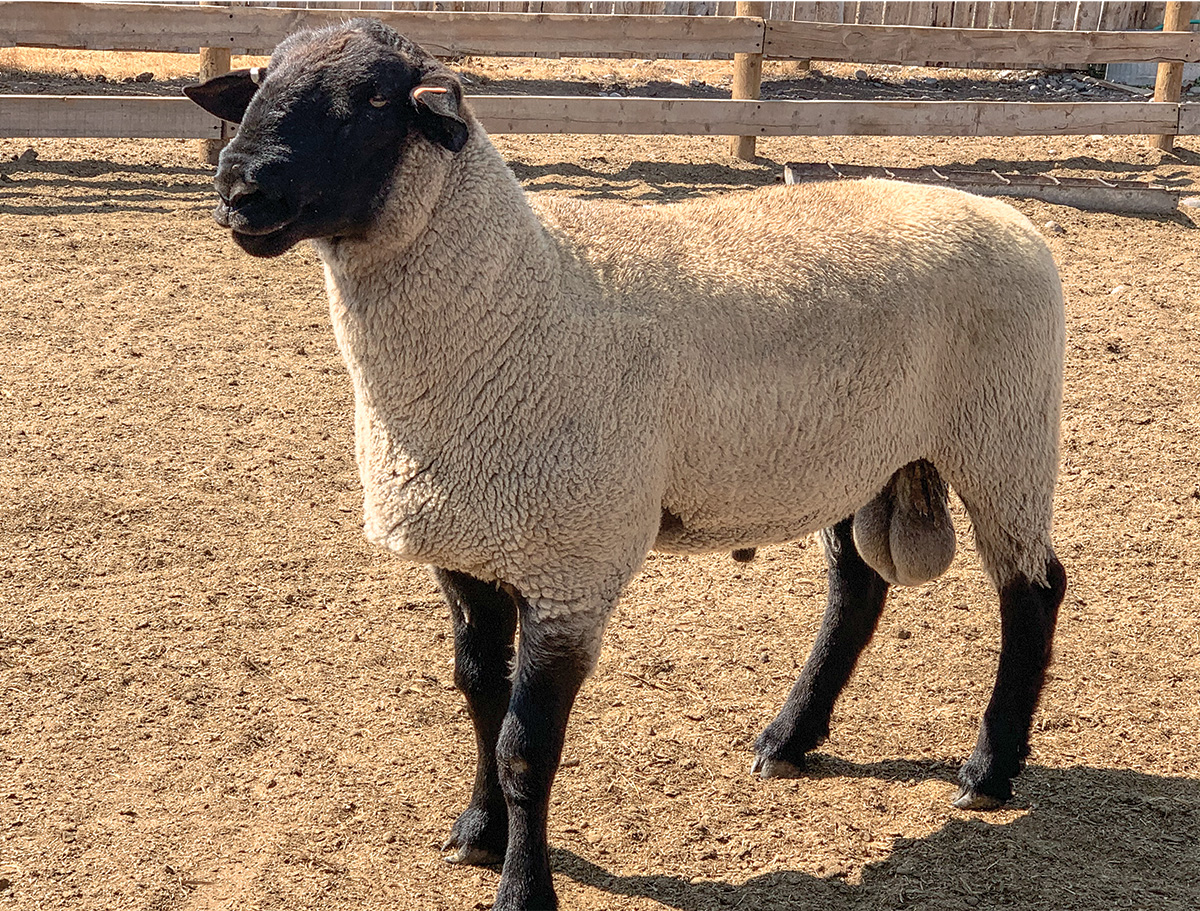 This yearling ram is one example of what Duff Land and Livestock has been able to accomplish through performance testing. Photo provided by Kandi Duf
This yearling ram is one example of what Duff Land and Livestock has been able to accomplish through performance testing. Photo provided by Kandi Duf
To see if the rams they were raising would be able to accomplish this, the Duffs began their own system of performance testing. Mike and Kandi measure 38 different data points on every lamb from birthweights and weaning weights to the circumference of the front left leg (to check for bone mass). “It’s all designed to produce the best rams that we can as consistently as possible,” says Kandi. “It’s a complicated process, and we have to be very hands-on, but it pays off in their performance.”
The Duffs take this data and use it to assign the rams into what they call their five-star program. Each ram receives a scoring between one to five stars. When a producer calls looking for rams, the Duffs will ask some questions about their flock, their budget, the number of rams needed and any other flock-specific requests. Looking at the data and the live animals, the Duffs will select the best possible combination for that producer. “We’re constantly monitoring the ram performance and want to make sure that we’re improving,” Mike says. “We want each successive generation to be better than the last.”
The breeding program the Duffs have developed can even help a producer have the consistency often only achieved through artificial insemination. “We could sell half brothers, three-quarter brothers, seven-eighths brothers, fifteen-sixteenths brothers and thirty-one-thirty-second brothers in large lots,” says Mike. This allows for genetic consistency from the rams and will allow producers to have a predictable lamb crop.
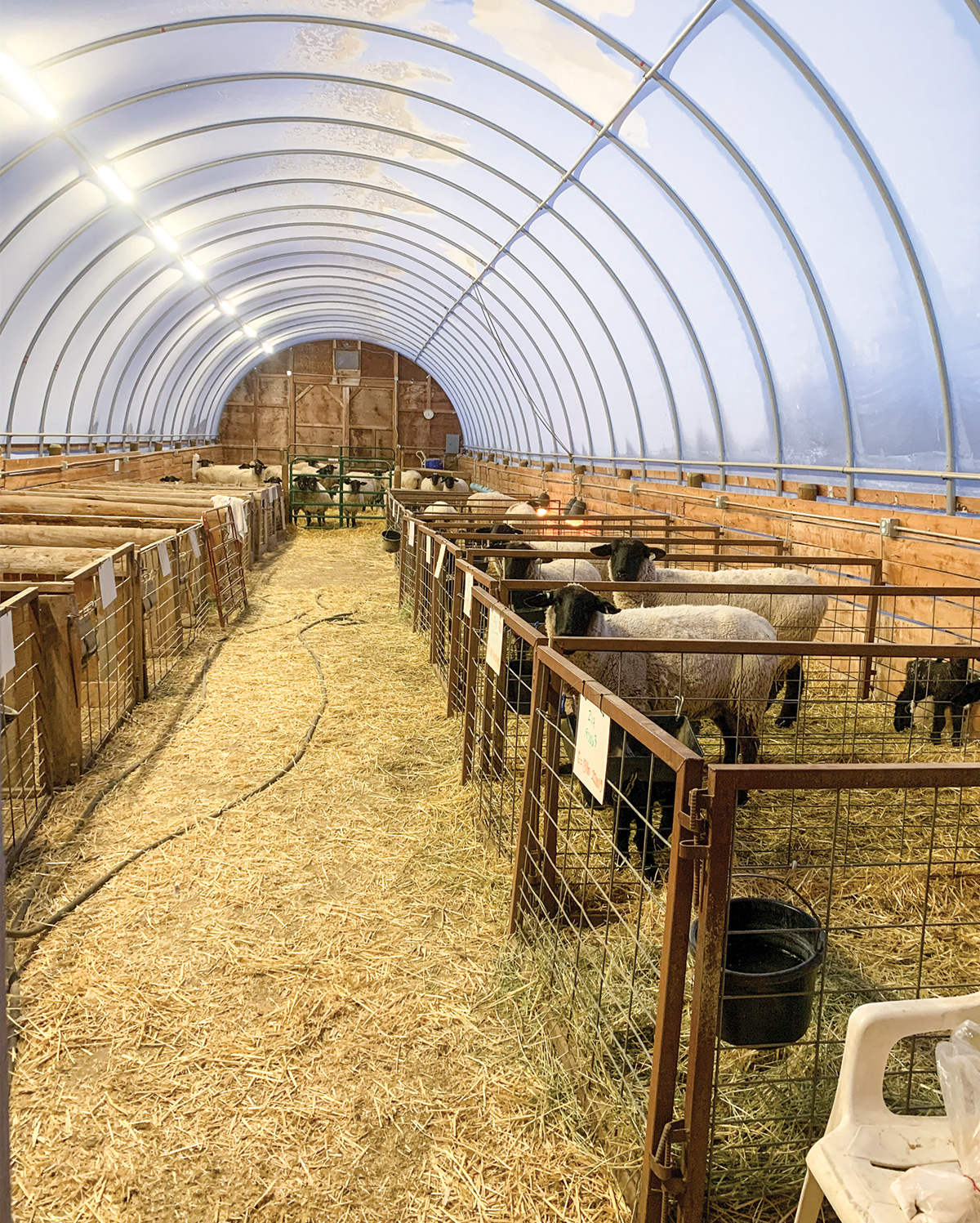 The Duff lambing barn is nearly full on a snowy spring morning. Photo provided by Kandi Duff.
The Duff lambing barn is nearly full on a snowy spring morning. Photo provided by Kandi Duff.
The Duffs also pay close attention to the health of their animals. They raise their own replacement ewes and rarely bring in a ram. This has helped them be part of the USDA Scrapie Free Flock Certification Program for years. “In this business, you never know where your product is going to go,” Mike says. “They may go to a lush alpine meadow or to the Mojave Desert. We've got to prepare these sheep with a health program, so when they get to their new place, they won’t fall over dead from some kind of disease we don't have around here.”
With this kind of uniformity and health standard, the Duffs have plenty of repeat buyers. “We’re really interested in producing a better product that’s good for the industry,” says Kandi, “and making sure our customers are happy with what they’re getting.”
This customer service goes beyond the care and time dedicated to the rams before being sold. The Duffs try to travel to at least one ranch a year to talk about the rams, especially if there is anything the customer would like to see change. When they attend sales, Mike and Kandi discuss what went well and what went wrong in previous years with producers. They call customers around the lambing and weaning seasons to check in and see how the lambs are looking. Sometimes they’ll make a trip to help with weaning and see the lambs for themselves.
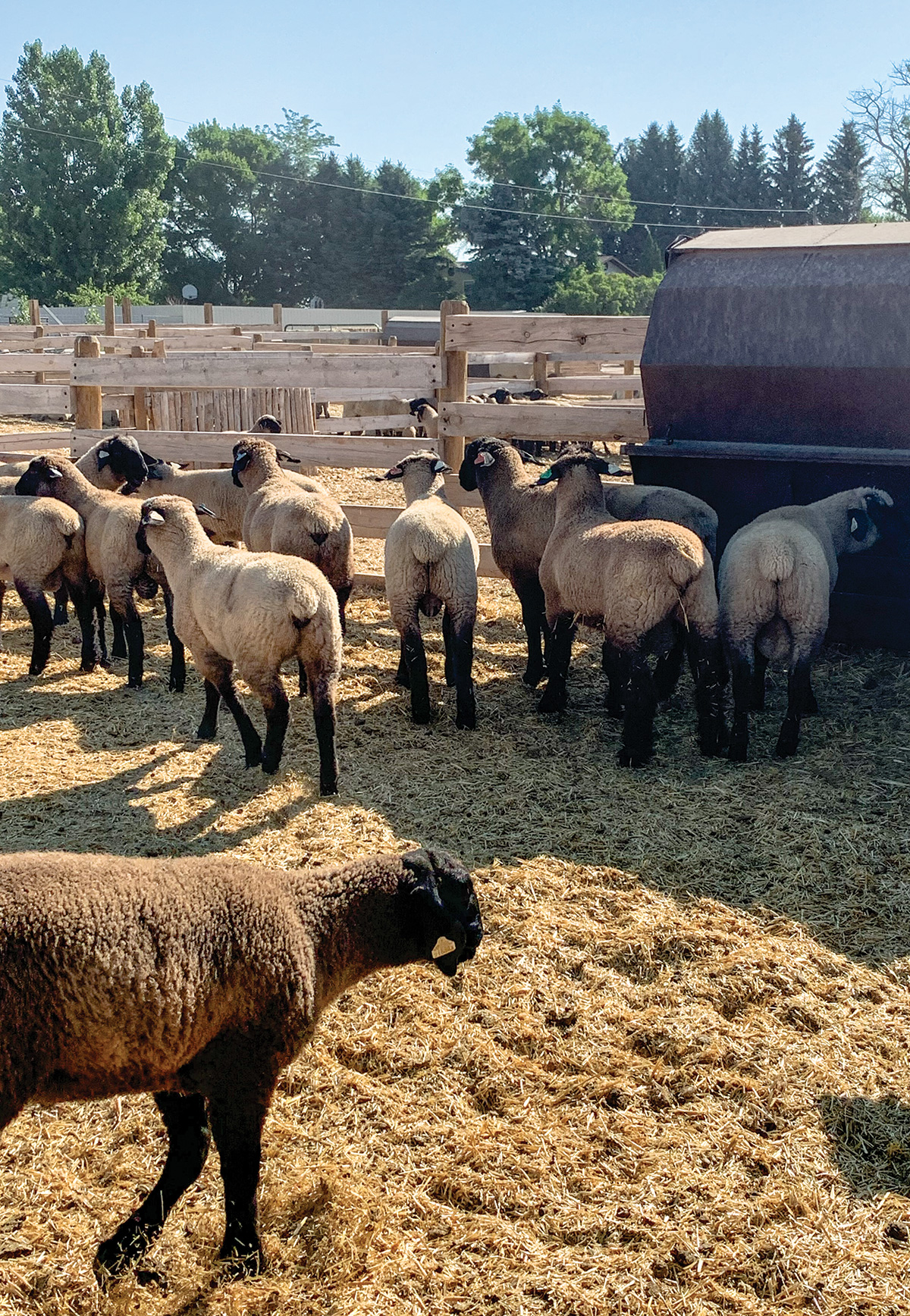 Newly weaned rams await their 90-day tests. Photo provided by Kandi Duff.
Newly weaned rams await their 90-day tests. Photo provided by Kandi Duff.
“If there’s something our customers are seeing that needs improvement,” says Kandi, “we want to know. You can’t fix something if you don’t know it needs to be fixed.” They’ve taken customer requests to heart, adding in some Hampshire to their Suffolk flock for those producers who liked the crossbred rams and doing their best to provide the longevity these producers need in their rams. There haven’t been many requests the Duffs haven’t met.
The Duffs are actively involved in many advocacy campaigns and committees, and love to encourage ranchers looking to diversify to add sheep to their operations. “The sheep industry is an interesting one because it’s not just food, but it’s also fiber,” Mike says. “It puts clothes on your back and food in your belly.”
While the American sheep industry has seen hard times, the Duffs are excited for the future. Research shows adding sheep to grazing operations can improve pastures and increase revenue without decreasing the forage available to other livestock. “People should consider adding sheep to their already existing cow program – whether it’s beef or dairy,” Mike says. “This is [a] great time to be in the sheep business.”
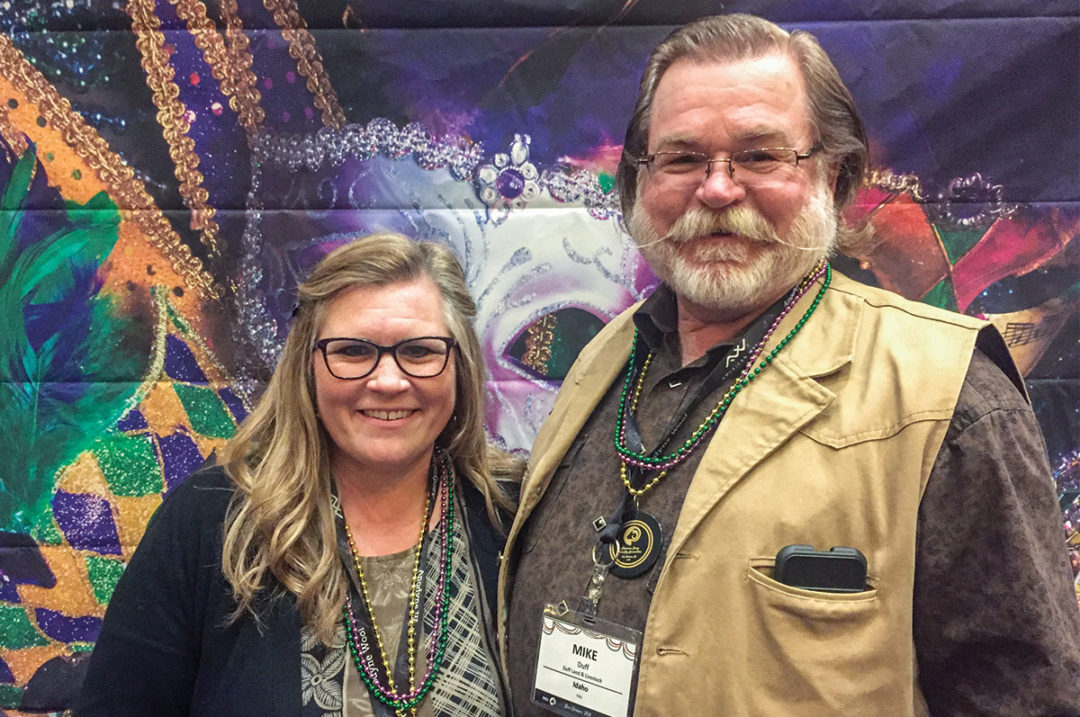



.jpg?t=1687979285&width=640)

